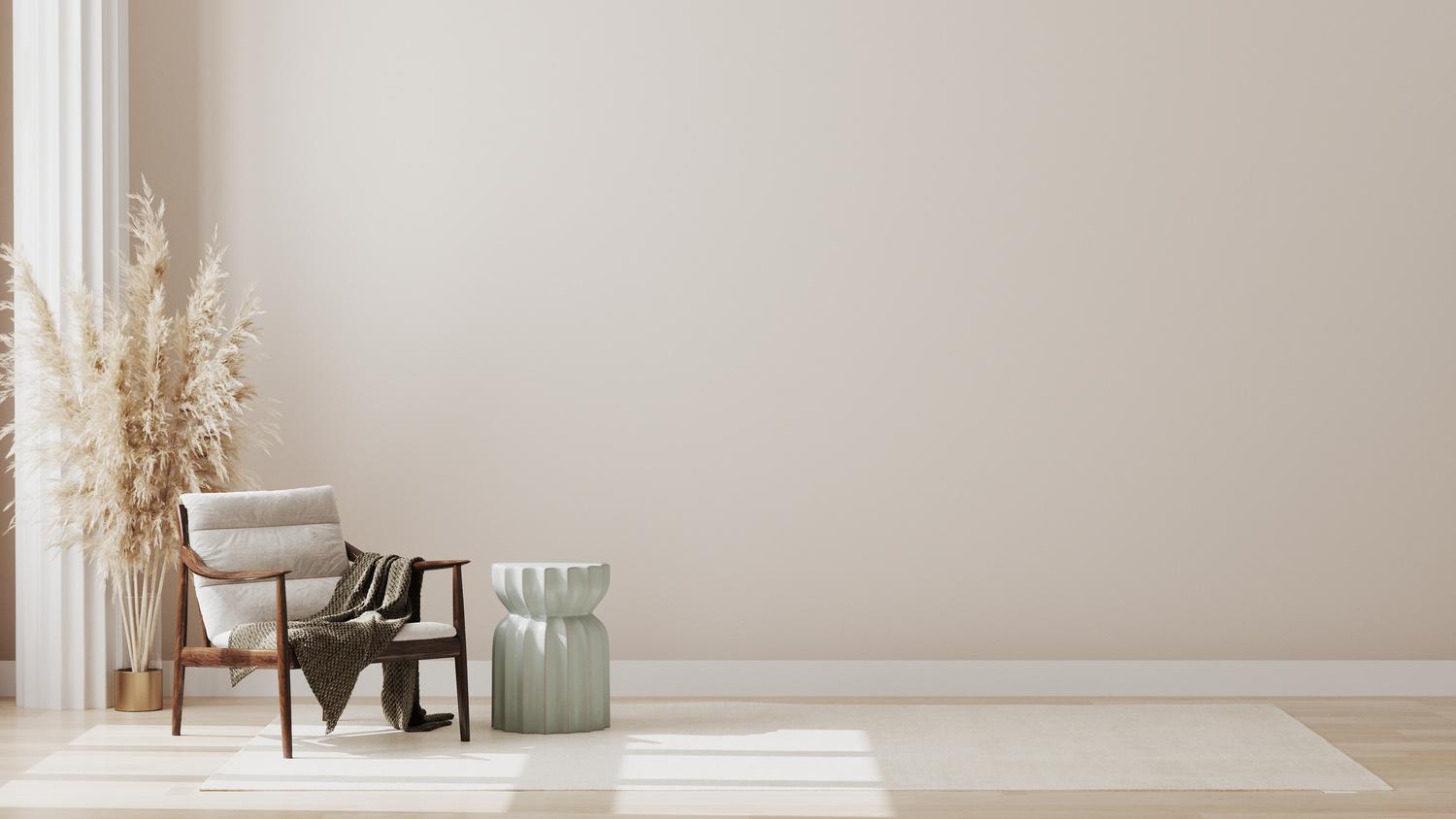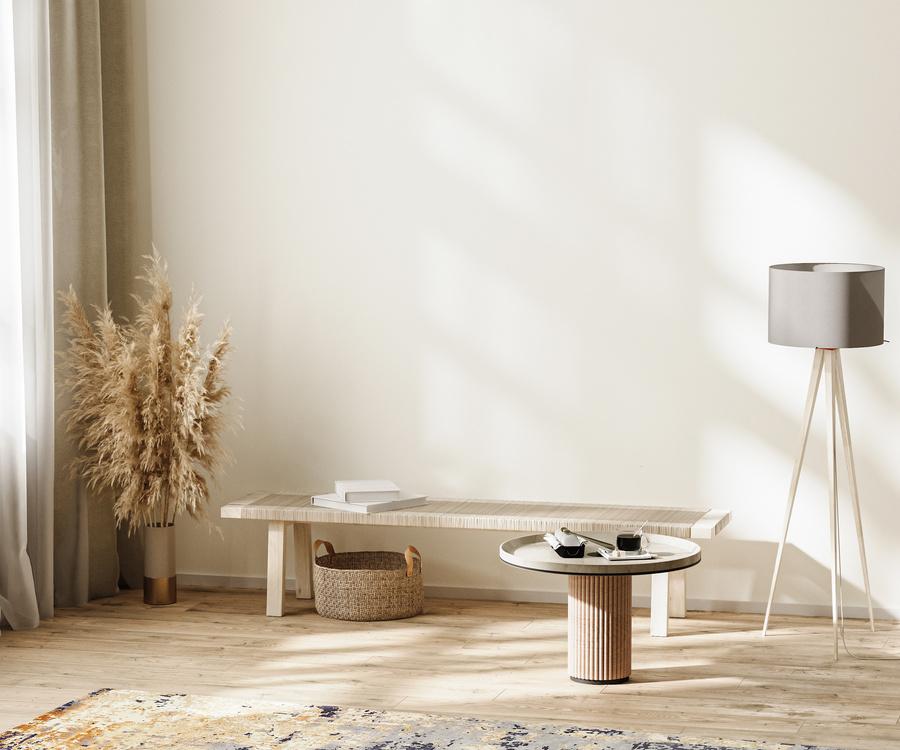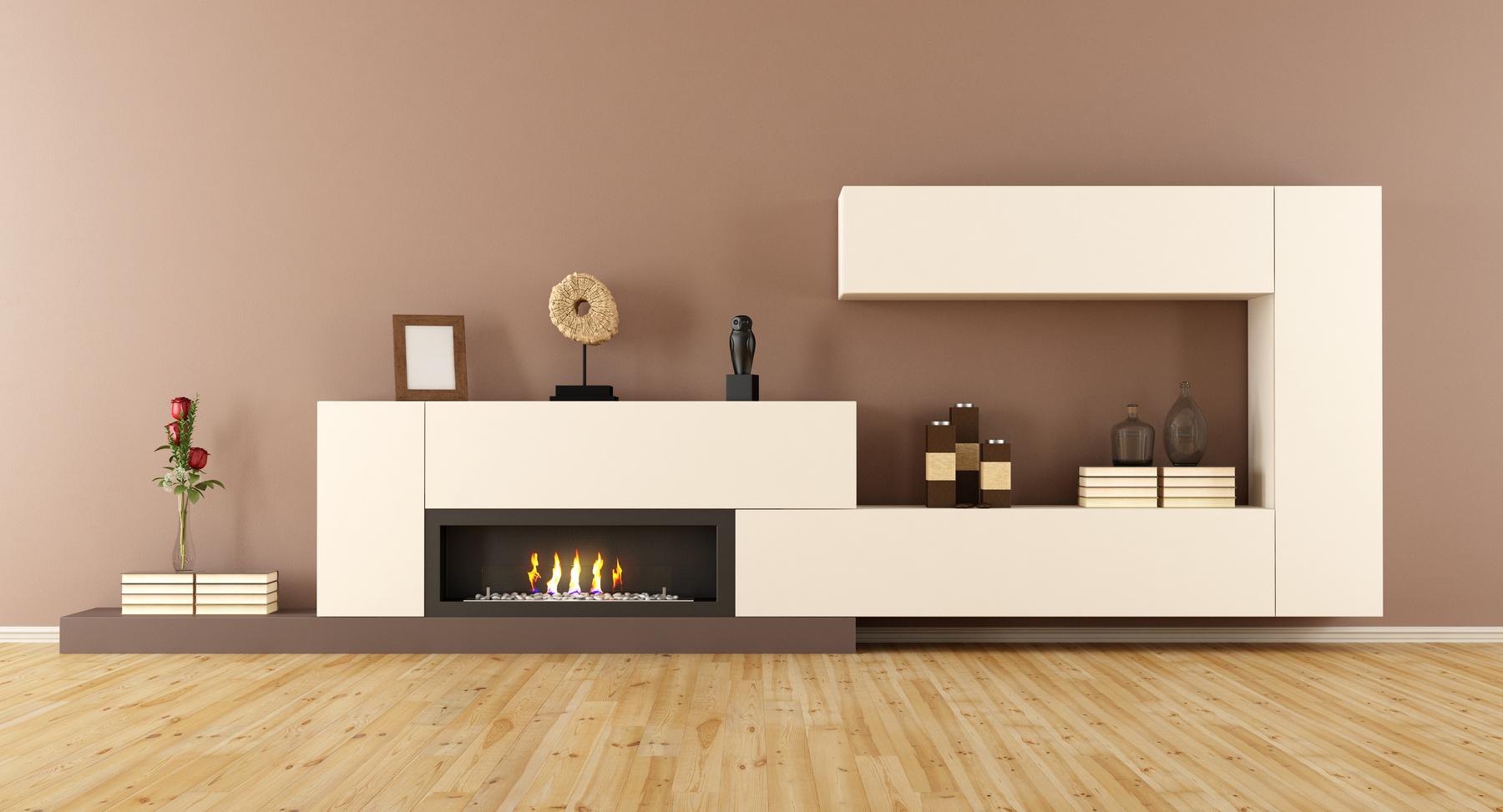

www.reallygreatsite.com




www.reallygreatsite.com

The furniture we choose for our homes not only serves a functional purpose but also plays a vital role in creating a welcoming and visually appealing atmosphere. However, simply acquiring beautiful furniture pieces is not enough to achieve the desired effect. The way we arrange and position our furniture can make a significant difference in transforming our living spaces. In this blog, we will delve into the art of furniture placement, exploring various techniques and principles that can help you create a harmonious and well-balanced environment.






Before diving into furniture placement, it’s crucial to understand the functionality of each room in your home. Different spaces serve different purposes, and the furniture arrangement should align with these functions. For example, a living room should facilitate conversation and relaxation, while a dining room should encourage gathering and sharing meals. By identifying the primary purpose of each space, you can plan the furniture arrangement accordingly.

Every room should have a focal point, a visually engaging element that draws attention and serves as the centerpiece. It could be a fireplace, a large window with a stunning view, or even a well-curated art piece. Once you have identified the focal point, arrange the furniture in a way that accentuates it. For instance, in a living room, position the sofa and chairs to face the fireplace or a captivating artwork. As per Insaraf Furniture Reviews this arrangement not only enhances the aesthetic appeal but also creates a sense of balance and harmony.





Creating a visually balanced arrangement is crucial for a harmonious living space. Consider the size, shape, and style of your furniture when arranging them. If you have a large, plush sofa on one side of the room, balance it out with a couple of chairs or a coffee table on the other side. Distribute visual weight evenly throughout the space to avoid a lopsided appearance. Additionally, consider the height of your furniture. Combine tall and short elements to add depth and visual interest.



Efficient use of space is essential, especially in smaller rooms or apartments. To make the most of your available space, opt for furniture with built-in storage solutions. This could include ottomans with hidden compartments or coffee tables with shelves underneath. Additionally, consider multi-functional furniture pieces, such as a sofa bed or a dining table that can be extended when needed. These space-saving solutions can significantly enhance the functionality of your rooms.





To create a visually appealing and dynamic space, don’t be afraid to mix and match different furniture styles and textures. This can add personality and character to your home. For instance, pair a sleek, modern sofa with a rustic wooden coffee table or combine a vintage armchair with a contemporary side table. Mixing styles and textures can create a unique and eclectic atmosphere that reflects your personal taste.


Furniture placement is an art that can transform your living spaces into beautiful, functional, and inviting environments. By understanding the functionality of each space, creating focal points, balancing different furniture pieces, maximizing space utilization, and incorporating different styles and textures, you can achieve a harmonious and visually appealing arrangement. Remember to consider the specific needs and preferences of your household members when arranging furniture. Experiment with different layouts and don’t be afraid to get creative, says Insaraf Furniture. With thoughtful consideration and attention to detail, you can create a space that not only showcases your furniture but also enhances the overall aesthetic appeal of your home.


